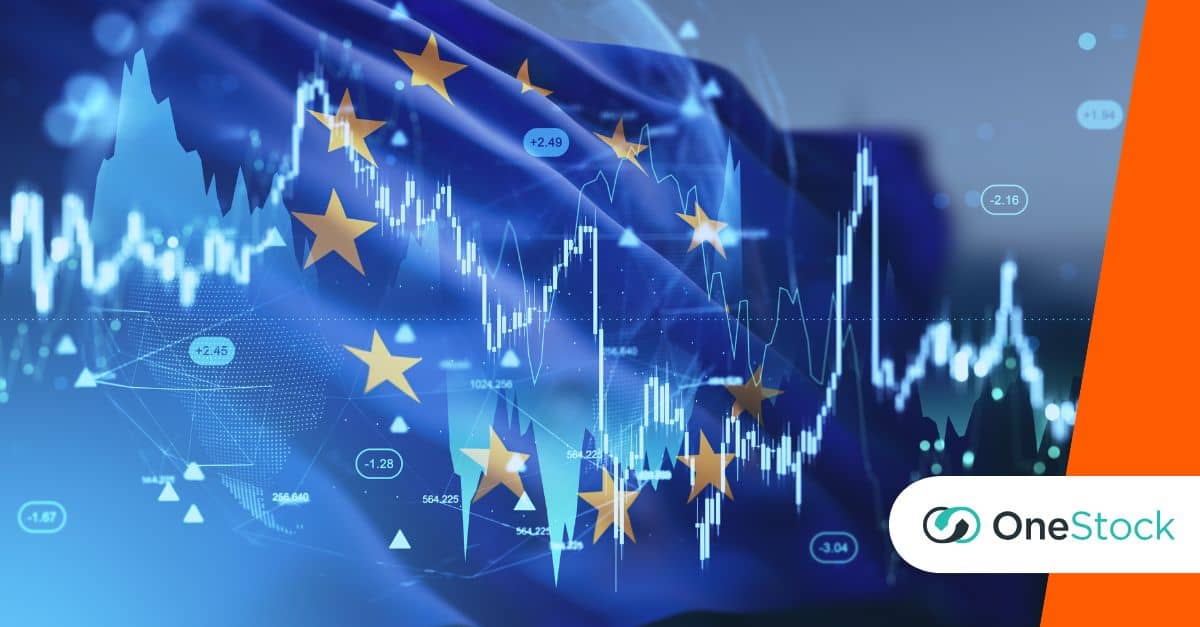
Sustainable retail: From compliance to competitive advantage
Why sustainability is no longer an option? Sustainability is no longer a niche issue, it is a defining challenge for modern retail. With the retail industry responsible for more than 25% of global greenhouse gas emissions and increasing regulatory pressure, companies must move from short-term, high-impact operations to long-term, sustainable models. The conversation has moved beyond compliance; sustainability is now a key differentiator in building brand trust, ensuring profitability and maintaining operational resilience.
Consumers, investors and policymakers are reshaping the landscape, demanding transparency and action. Retailers who delay sustainable transformation risk not only fines and reputational damage, but also loss of relevance in a competitive and increasingly environmentally conscious marketplace. The challenge, however, is that sustainability in retail is multi-faceted, requiring a fundamental shift in sourcing, inventory management, fulfilment, returns and customer engagement.
The foundations of a sustainable retail ecosystem
To make real progress, retailers need to embed sustainability throughout their value chain. This means:
- Reducing waste through intelligent inventory management and demand forecasting
- Improving fulfilment efficiency to reduce carbon emissions and packaging waste
- Creating circular economy initiatives, including resale, rental and repair programmes
- Using data-driven insights and AI-powered automation to monitor and improve sustainability efforts
- Providing consumers with transparent sustainability information to drive more responsible purchasing behaviour
Optimising inventory for sustainability: The role of technology
One of the biggest contributors to retail waste is excess inventory. Unsold inventory leads to markdowns, waste and ultimately landfill overflow. In industries such as fashion, where trends change rapidly, overproduction can lead to billions of dollars’ worth of waste. The solution lies in advanced order management systems (OMS) that enable real-time inventory visibility and intelligent stock allocation.
An OMS enables companies to:
- Unify inventory pools across warehouses, stores and suppliers to minimise overstocks and out-of-stocks.
- Implement demand-driven replenishment to reduce unnecessary production and limit excess inventory.
- Use AI-driven forecasting to dynamically adjust supply to meet real-time demand fluctuations.
- Enable store-based fulfilment to minimise transport emissions and optimise inventory distribution.
Sustainable fulfilment: The next frontier
Fast delivery options have raised consumer expectations, but also significantly increased carbon emissions. The retail industry is responsible for a significant percentage of last-mile delivery emissions, making it critical to rethink fulfilment strategies. With a composable tech stack, retailers can implement carbon-efficient fulfilment models such as
- Ship-from-store strategies that use local inventory for faster, greener delivery.
- Green delivery options, such as bike couriers and electric vehicles.
- Intelligent delivery orchestration that dynamically selects the lowest carbon route and carrier.
- Carbon impact calculators at checkout, enabling customers to choose greener delivery methods.
Enabling circular economy models with smart technology
PassThe shift from a linear ‘take-make-dispose’ economy to a circular model is one of the most impactful sustainability transformations that retail can undergo. While many retailers have implemented resale, rental and repair programmes, scalability remains a challenge. OMS and Product Information Management (PIM) systems play a critical role in supporting these models:
- Resale and Second-Hand: An OMS can manage multiple inventory states (new, used, refurbished), automate order orchestration and optimise logistics to ensure resale programmes run seamlessly.
- Rental and subscription models: PIM enables detailed product lifecycle tracking, while OMS ensures that items are allocated, returned and re-rented efficiently.
- Repair and refurbishment: Integrated tech stacks allow you to track repair histories, manage warranties and provide a seamless customer experience for repair services.
By investing in a modular, composable technology infrastructure, retailers can test, scale and refine sustainable initiatives without overhauling their entire operational framework.
Transparency, trust and the role of data
Consumer trust in sustainability claims is at an all-time low due to widespread greenwashing. Transparency is no longer a nice-to-have; it’s a core component of modern retailing.
Retailers can build credibility by:
- Implementing digital product passports that provide full transparency into sourcing, materials and ethical manufacturing practices.
- Using AI-driven personalisation to guide customers towards more sustainable choices based on preferences and purchase history.
- Display clear sustainability certifications and labels on product pages, marketing materials and receipts.
- Provide real-time carbon footprint tracking for purchased items to raise awareness and influence consumer behaviour.
Sustainability as a competitive advantage
Retailers who proactively embrace sustainability can reduce costs, increase brand loyalty and create new revenue streams. Beyond compliance, sustainability leads to
- Cost savings through waste reduction and supply chain optimisation.
- Increased customer loyalty, with 70% of consumers preferring brands that demonstrate a commitment to sustainability.
- Stronger investor relations, as ESG-focused investors prioritise companies with measurable sustainability metrics.
A real-world example: Petit Bateau’s commitment to circularity
A leader in sustainable retailing, Petit Bateau has integrated OneStock’s OMS and Business Intelligence Suite to increase operational efficiency while reducing waste. By optimising stock allocation, enabling resale initiatives and implementing ship-from-store fulfilment, they have achieved:
- A 20% reduction in end-of-season stock.
- A fully integrated resale programme across online and physical stores.
- Optimised fulfilment that reduces carbon emissions from long-distance transport.
The future of sustainable retail
The retail landscape is changing. Sustainability is no longer about compromise; it’s about innovation. Those who fail to act now will find themselves playing catch-up in a rapidly changing industry.
Retailers need to ask themselves: Is our business equipped to balance sustainability and profitability? The right technology, coupled with strategic operational changes, can turn sustainability from a regulatory burden into a powerful competitive advantage.
Discover how OneStock’s OMS can help your business drive sustainability at scale.
Download our white paper on driving sustainability in retail for in-depth insights, strategies and real-world case studies on how technology can future-proof your business for a greener, more responsible future.


